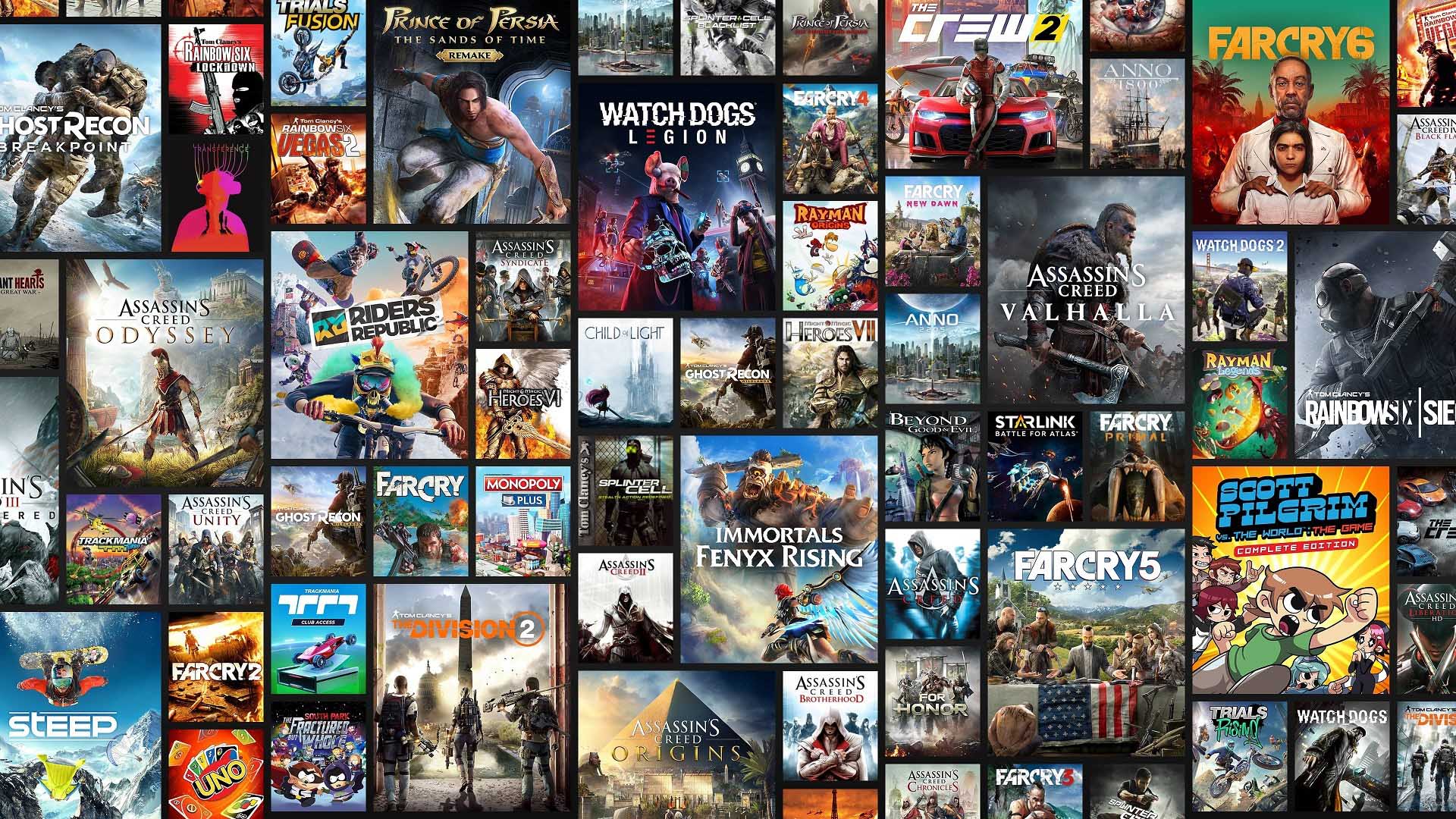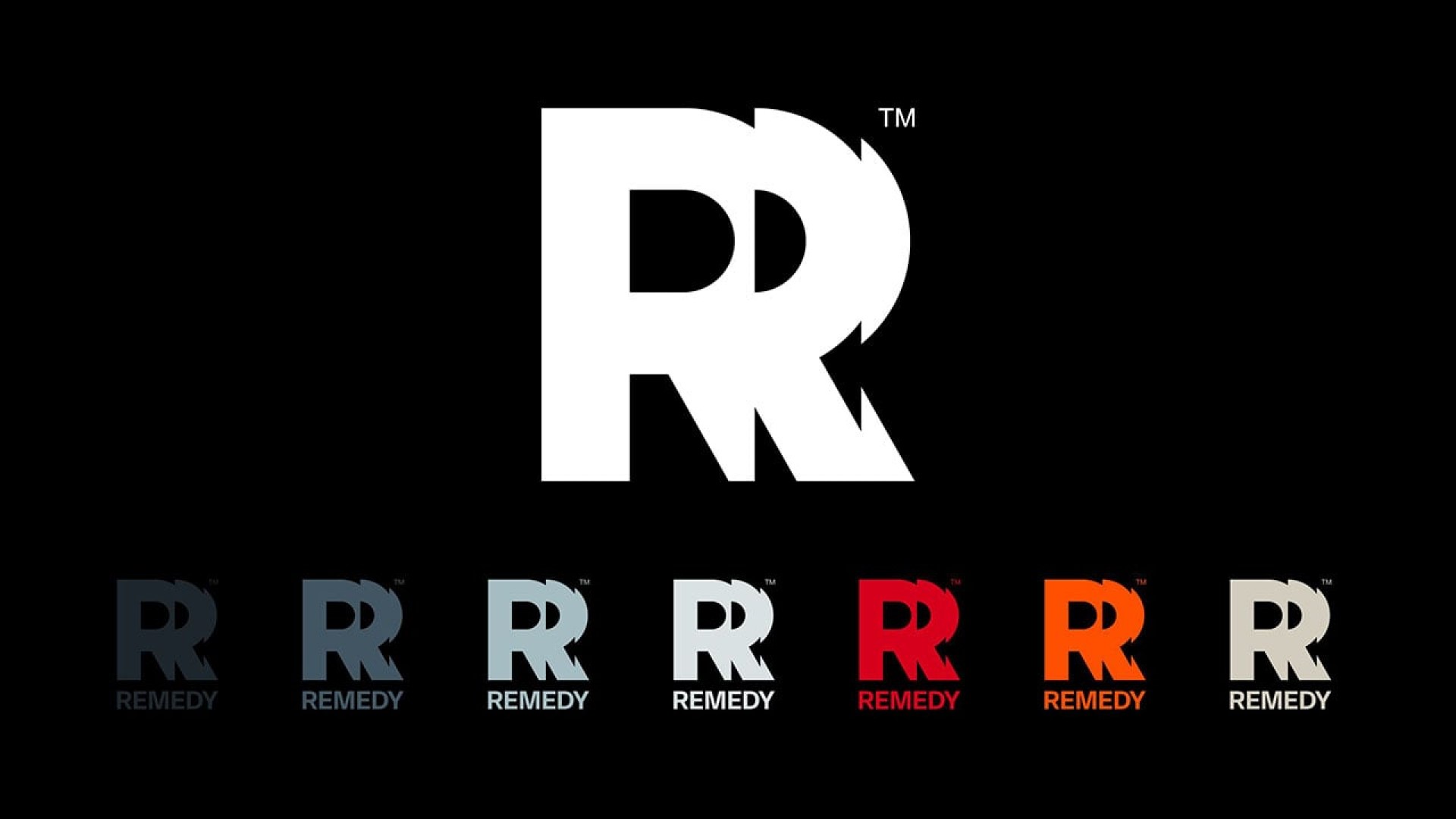The Bloomberg journalist warns about the excess of launches.
More stories in the category Suggested
- A review destroys a game on Xbox with humor and goes viral
- Leslie Benzies steps aside from MindsEye after being implicated in the Epstein case
- Remedy changes CEO and sets the course for its next major stage
| Don't miss anything and follow us on Google News! |
Jason Schreier, a renowned Bloomberg journalist and one of the most influential voices in the specialized press, has sent a clear message: the video game market is more saturated than ever. According to his analysis, the avalanche of new releases makes it difficult for even high-quality projects to stand out.
Schreier recalls that the industry has had a tough few years. After the pandemic, many companies invested aggressively, hiring staff and accelerating productions to take advantage of the surge in digital consumption. However, this bubble has not been sustained, and the sector is now facing thousands of layoffs. Adding to this problem is an even bigger issue: overproduction.
“Today, we don’t lack games, we lack eyes to see them”
- In numbers, the journalist points out that in 2024, over 18,600 games were published on Steam, almost double the number in 2020. The arrival of free or low-cost game engines, combined with digital stores that eliminate the need for a traditional publisher, has allowed almost anyone to launch a title into the market.
But far from being a scenario of pure opportunity, Schreier warns that this creates an almost impenetrable ecosystem: many projects, even of high quality, are buried within days. “We’re not facing a crash like the one in the 80s”, he explains, “because most current games are well-made. The problem is that there are simply too many of them”.
The journalist cites a revealing statistic: so far in 2025, over 120 games have exceeded 80 on Metacritic, but only those that reach or exceed 90 achieve significant visibility and sales. A very high bar that not even major publishers can guarantee, with budgets that easily exceed hundreds of millions of dollars.






